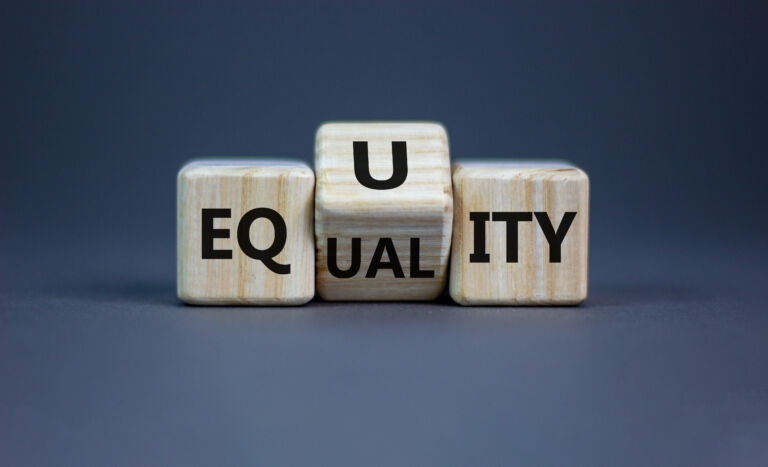I sure think so. So does economist Art Carden, who writes:
Economics: it’s the study of human action and its unintended consequences, and I think it teaches us a lot about wise Christian stewardship and compassionate, prudent public policy. …
One of the beautiful things about economics is that it is non-partisan. Economists rain on everyone’s picnics, whether they be members of Team Red, Team Blue, or Team In-Between. As a lot of scholars have said for a very long time, economics puts parameters on people’s utopias.
Without paying close and careful attention to what economics has to teach us, we run the very real risk of hurting exactly the people we think we are helping.
This is something I try to point out in my policy analysis for the John Locke Foundation. When government decides to get involved in something, I counsel a Hippocratic approach: First, do no harm.
I also hearken back to the North Carolina motto: Esse quam videri. To be rather than to seem.
In practical terms, I’ve listed rules for policies instituted to help the poor. The first one should be obvious but it trips up people way more than it should: Policies put forth to help the poor should actually work to help the poor.
I recognize most interventions are done out of good intentions to better society, but that cannot be enough. There’s a reason it’s said that “The road to hell is paved with good intentions.” You might start with the best, the noblest of aspirations, but you have to pay attention to where you’re heading.
To be helping people with well-considered policies is far, far, far preferable than to seem to be helping them but actually harming them with ill-conceived, well-seeming policies. For that matter, doing nothing is preferable to doing harm in the guise of doing good.
I’ve often pointed out policies that are, as Carden puts it, hurting exactly the people we think we are helping. Here are a few examples, which include issues Carden lists:
- Hiking the minimum wage
- Tariffs
- Laws against price “gouging”
- Laws banning short-term and payday lending
- Certificate of Need (CON) laws
- Special incentives for select businesses and industries
- Laws making it hard to buy allergy medicine so as to thwart manufacturing methamphetamine
I would add that many other policies I write about, such as the state lottery and occupational licensing, also clearly have net negative unintended consequences. But they don’t necessarily have that aspect of harming the very ones they’re intended to help.

